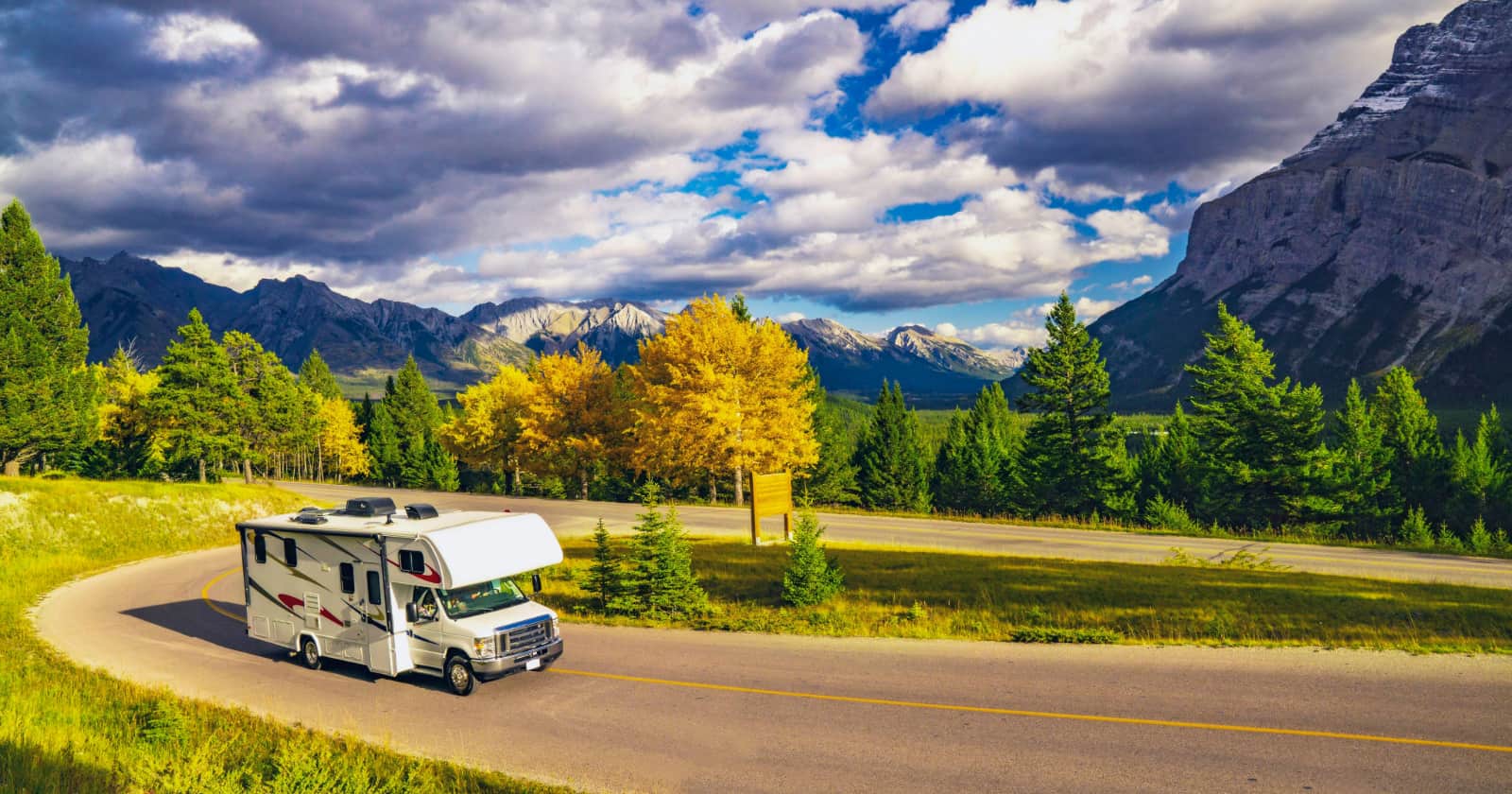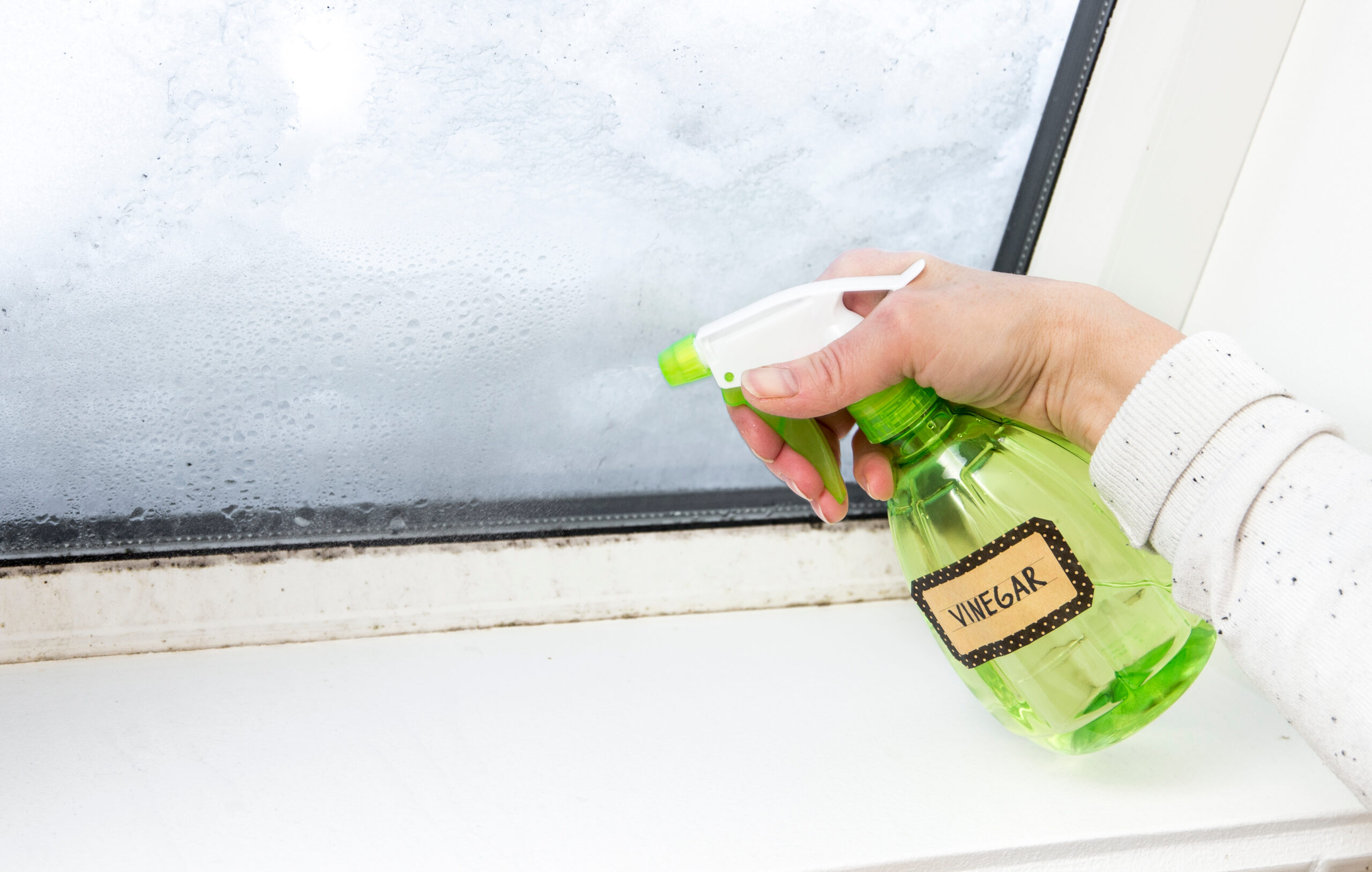Chances are that if you have landed on this article you are considering buying your first “New to You” RV, which means you have questions—tons of them. Most people in your position do.
The most common concern about purchasing a used RV is knowing that you are not making a bad investment. If you have never owned an RV before, it is easy to get taken by someone wanting to dump their neglected RV that still looks fine to the untrained eye. Fortunately, there are ways to ensure that you are making a good purchase.
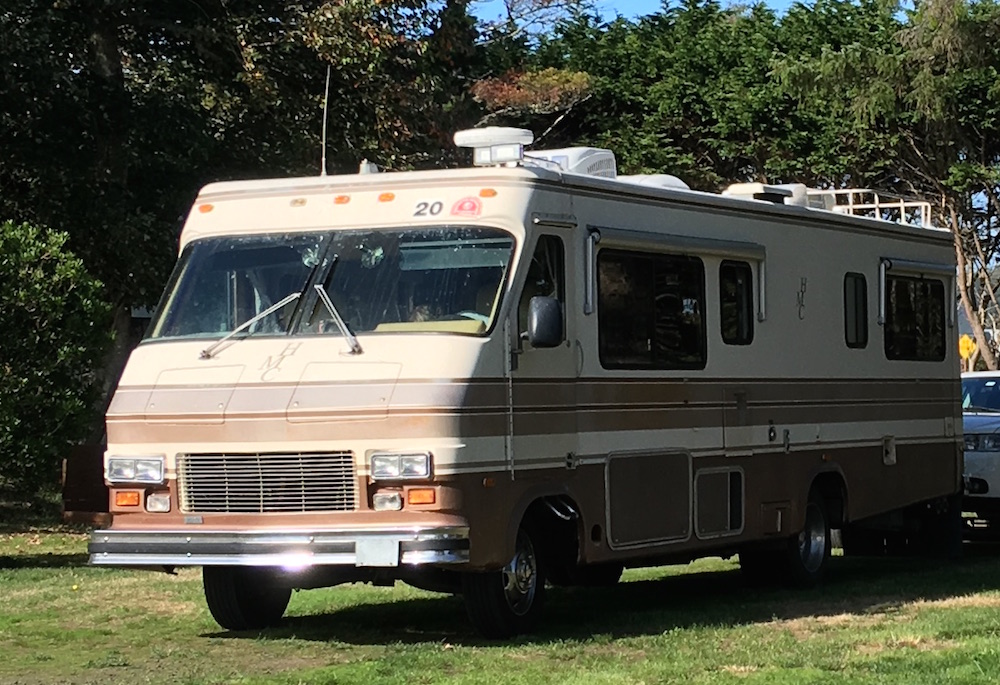
Avoid getting an RV with mechanical problems
It is one thing when your car breaks down, but when your house on wheels decides it would rather stay put, that can really put a damper on things. This is especially true if you are in a paid spot and have to leave in 20 minutes so the next set of folks can move in.
Then, there’s always the fear of being stranded in the middle of nowhere (like, say, outside of Winnemucca, Nevada) because you took a wrong turn onto a road where almost no one goes. Murphy’s Law states that if something can go wrong at precisely that moment, it will—and it did to a friend of mine. (Really, it was a friend!) It is a story that draws peals of laughter now, but it didn’t seem very amusing to her at the time.
So, what is a person to do to avoid such a scenario? First, make an agreement with yourself that you will not buy the first used RV that you think you love. If you do, it will cost you.
Most folks who go shopping for a used RV look around until they find what suits them, and then buy it because it “feels right.” Of course, you should find a style of RV you think will be appropriate for your needs. This is a huge factor in the decision-making process, but once you have narrowed down what style of RV you like, it is time to step back and quit looking at whether or not you like the decor and fixtures.
Find 2-3 RVs you are seriously interested in buying and then bring your friend who tinkers on cars along to look at the automotive aspect of the RV. Take notes on what your friend says is good and bad about each of them, and then decide if you are willing to take on any potential repair issues.
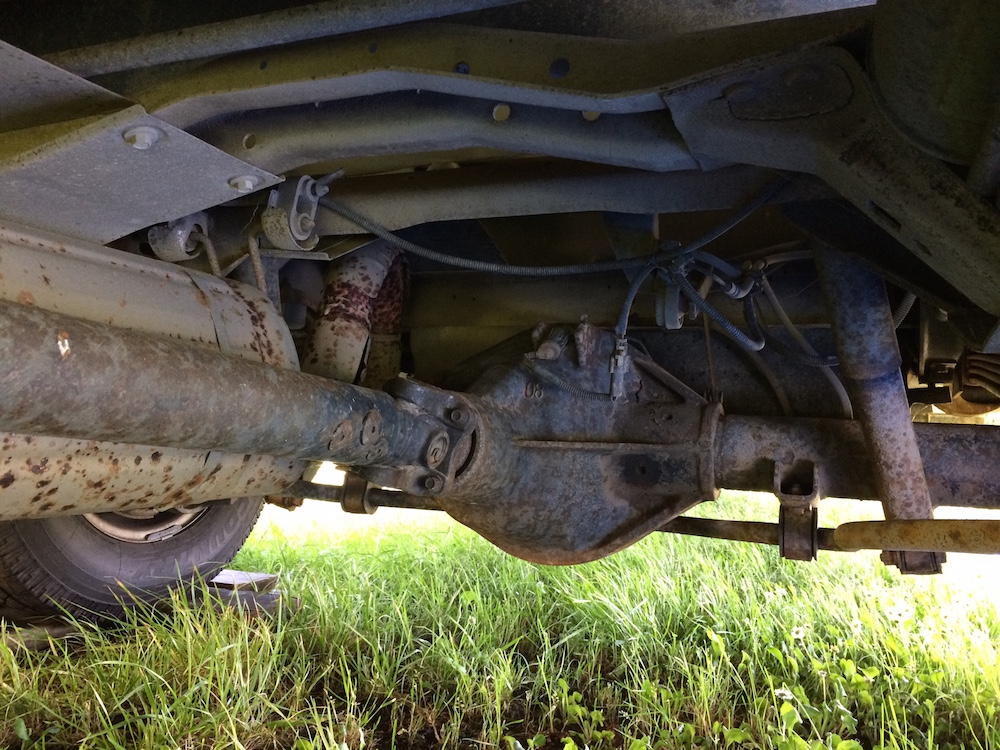
Just like buying a used car, used RVs will have some necessary repairs. That is more or less a given fact. Your mechanically inclined friend can help you decide which one needs the least expensive work.
Evaluating the coach portion
If you have never owned or rented an RV, evaluating the coach part of the RV can be an intimidating proposition. There are so many parts that absolutely have to work, and there is a better than average chance that you have no idea what you are looking at in the first place.
Most people know at least one person who has an RV. Once your mechanic friend has given an RV the thumbs up, bring your RV-owning friend out to do a run-through of everything from the stove to the generator.
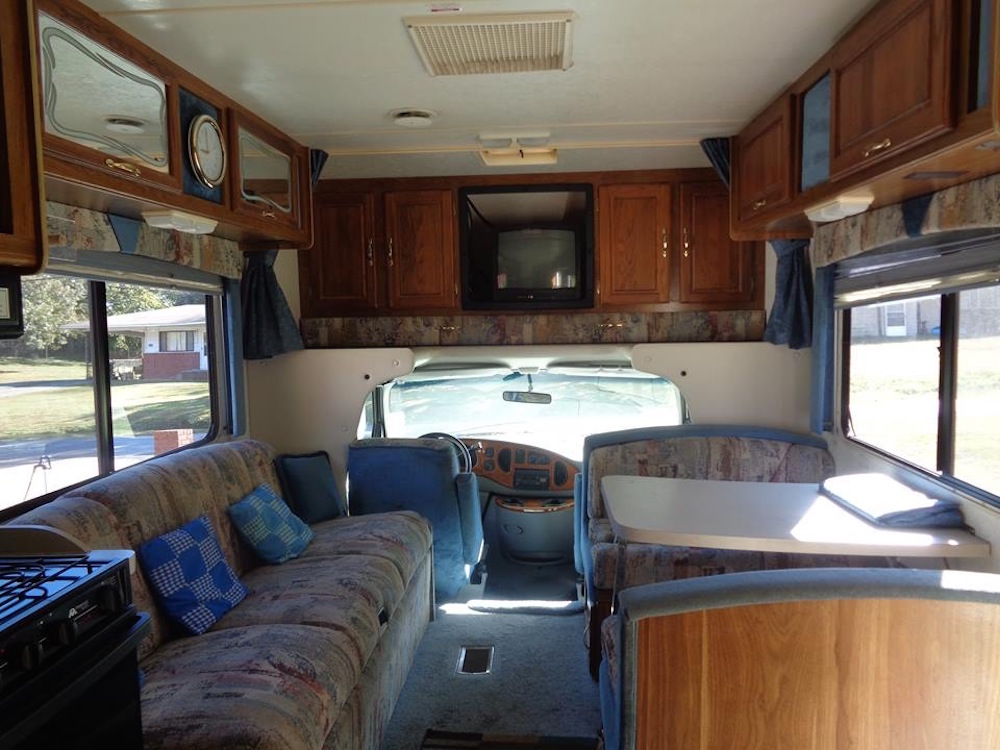
Now, of course, your friend likely isn’t an RV technician, but they can be a good first set of experienced eyes, and will likely spot glaring issues like a fridge that will not switch from 120 V to propane.
They might not be able to tell you what is causing the problem, or how much it will cost to fix it, but they are more likely than you to find that issue. After all, you’ve never had to switch your kitchen fridge to propane. It’s not something you naturally would think to check. They would.
What if you don’t have friends with automotive or RV experience?
If you have been reading along, thinking to yourself, “Yeah, that’s great, but I don’t know people like that,” don’t despair. There are free online guides on how to evaluate a used RV before buying it. No, you may not know exactly what you are doing, but if you are armed with knowledge before you start your search, then you are a step ahead of most people.
Get a professional evaluation
Finally, at long last, you have found the RV that you want to buy. Your mechanic and RV friends have given it the once-over, or you have followed a guide for key things to evaluate. So far, everything looks pretty good.
By this point, you are itching to throw money at the seller and take your baby home so you can post pics on Facebook to show her off to everyone. Not so fast! It’s time to invest a few dollars and get a proper inspection done. Sure, it’s going to cost a bit, but it can save you tons of money in the long run.
Hire a professional mechanic to take a look at the automotive part. Be sure to start there. An RV that might break down because of a worn out transmission, for example, is something that is worth paying to avoid.
If the RV passes the automotive inspection, it is time to hire an RV tech. Many dealerships offer this service. Just as with any other type of service business, all RV service departments are not created equal. Ask around to find out who is reliable.
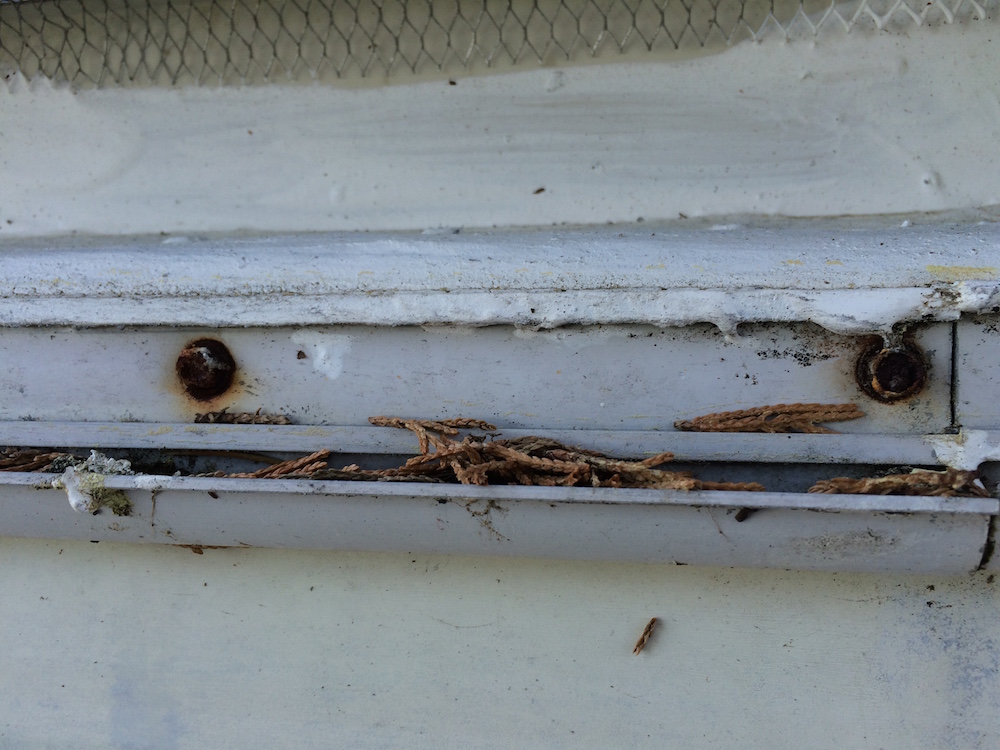
Sometimes a seller won’t want to take the RV out for inspection due to the time involved. If that is the case, most cities have mobile mechanics and RV techs who can come to you. A quick Google search should help you locate mobile services near you.
If your chosen RV passes both inspections with flying colors, great! If it passes inspection on most things but has a few issues, then it’s time to use that knowledge to negotiate with the seller. You might get them to lower their price enough to pay for whatever needs to be replaced or repaired.
Is this a lot of work? Yes. Is it worth it? Depends on how fat your pocketbook is.

